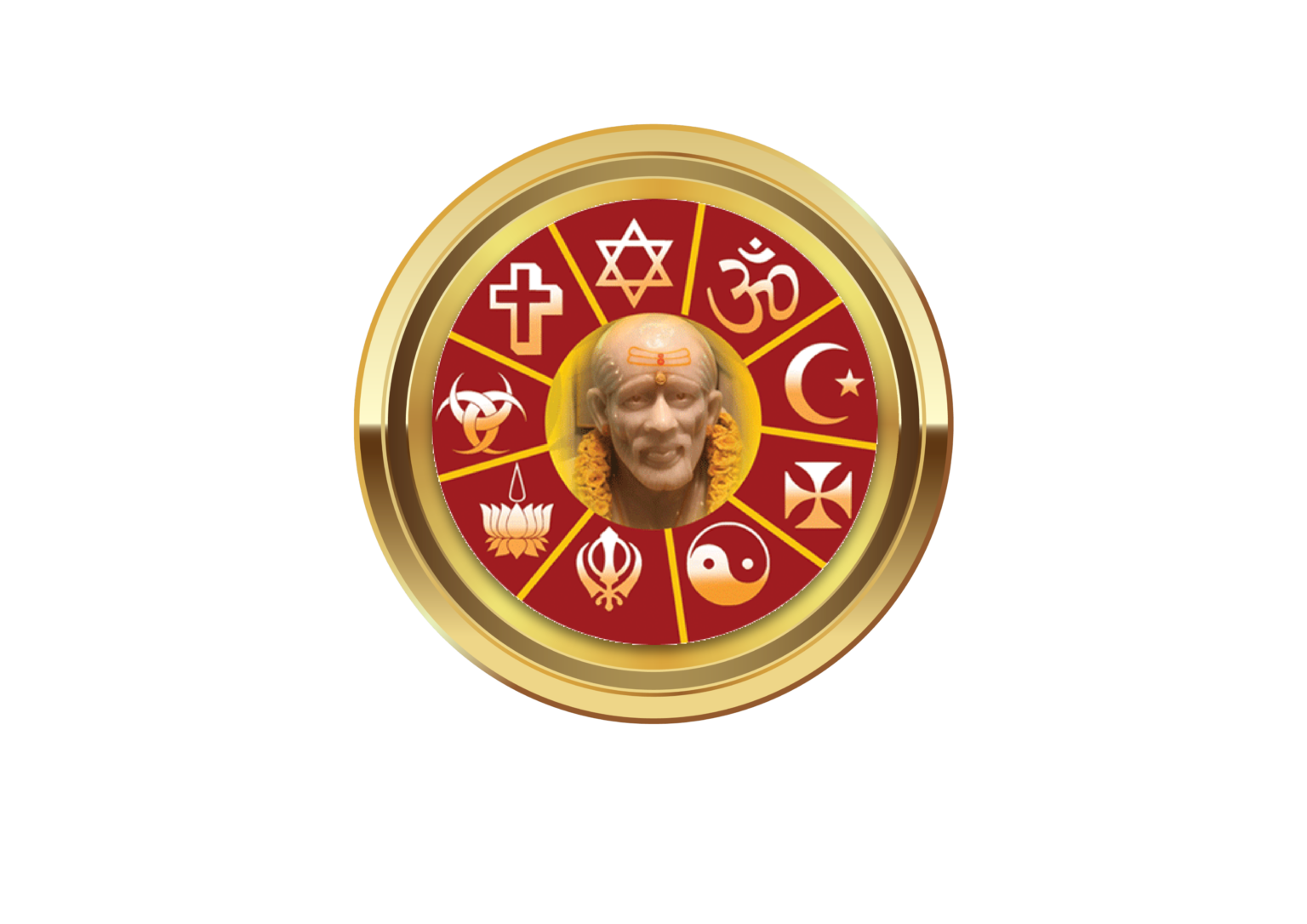“Food is Brahma, from food all the creatures are born and having been born, by food they live and having departed, into food they again enter.”- Taittiriya Upanishad
Fasting
Shirdi Sai Baba never kept a fast himself, nor did he allow others to do so. Sai Baba used to say: “The mind of the person fasting is never at ease, then how could it attain the Paramartha (goal of life)? God is not attained on an empty stomach; first the soul has to be appeased. In short, when all organs get their proper nutrition and are sound, we can practise devotion and other sadhanas to attain God. Therefore, neither fasting nor over-eating is good. Moderation in diet is really wholesome both for the body and mind. Since fasting is done for religious purposes, it means seating near God. In other words, on that day, one has to think and act with a pure mind and meditate on God’s form but we hardly do this. On the contrary, since we continue to attend to our normal secular business and other duties on that day, we also continue to indulge in immoral activities such as telling lies, cheating others, etc. There are many methods of observing fast, as narrated in our religious books. But at present the following methods are in vogue:
- To accepts only fruits and milk, avoiding meals both at daytime and night
- To accept only fruits and milk by day and eat a meal after sunset
- To eat a meal once at daytime and accept only fruits and milk at night
But do we observe these correctly? Whatever you eat during fasting days must be in small quantities. The idea is to give rest to our digestive system. But instead, what do we do? Fruits we hardly eat. But other so-called ‘permitted’ items we eat is not only overeaten but it is also extra rich. The result is indigestion. Thus there is neither any religious nor health benefit. Sai Baba probably had realised this and that is why he stopped his devotees from observing such fasts in the name of religion.
Onions
What applies to non-vegetarian food also applies to onions. Sai Baba himself used to eat onions with bread daily and did not like anybody expressing disgust towards it or not eating it because of its bad smell. Incidents of his teasing and ridiculing Dada Kelkar, Das Ganu and Kusha Bhau are well known. He once surprised a student of yoga by eating bread and onion in front of him and later gave a proof to him of his super yogic powers, as if he wanted to tell people that because of baseless customs and beliefs, one was depriving oneself of onion and garlic which are greatly praised by the Ayurveda (Indian Medical Science) and are excellent health giving foods. Isn’t the poor and hardworking farmer able to perform the laborious task of ploughing his field by eating bread and onion only? If a person faints, a crushed onion is the quickest and simplest aid in the far-off villages. The Western countries, after research has declared garlic as an excellent cure for heart disease and high blood pressure.
Charity of Food
In the early days, Sai Baba often used to feed the poor and helpless by himself cooking food in big pots (handi). He used to buy the grains and spices from the bazaar and do the needful grinding by himself too. Later, devotees started thronging to Shirdi in large numbers, and cooked food in the form of naivedya in large quantities, so there was no need for Baba to cook. However, he never stopped distributing this naivedya food to all and sundry. He himself hardly tasted it.
